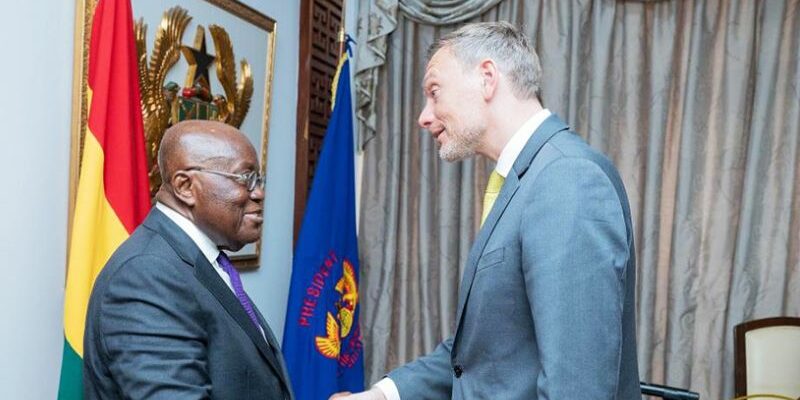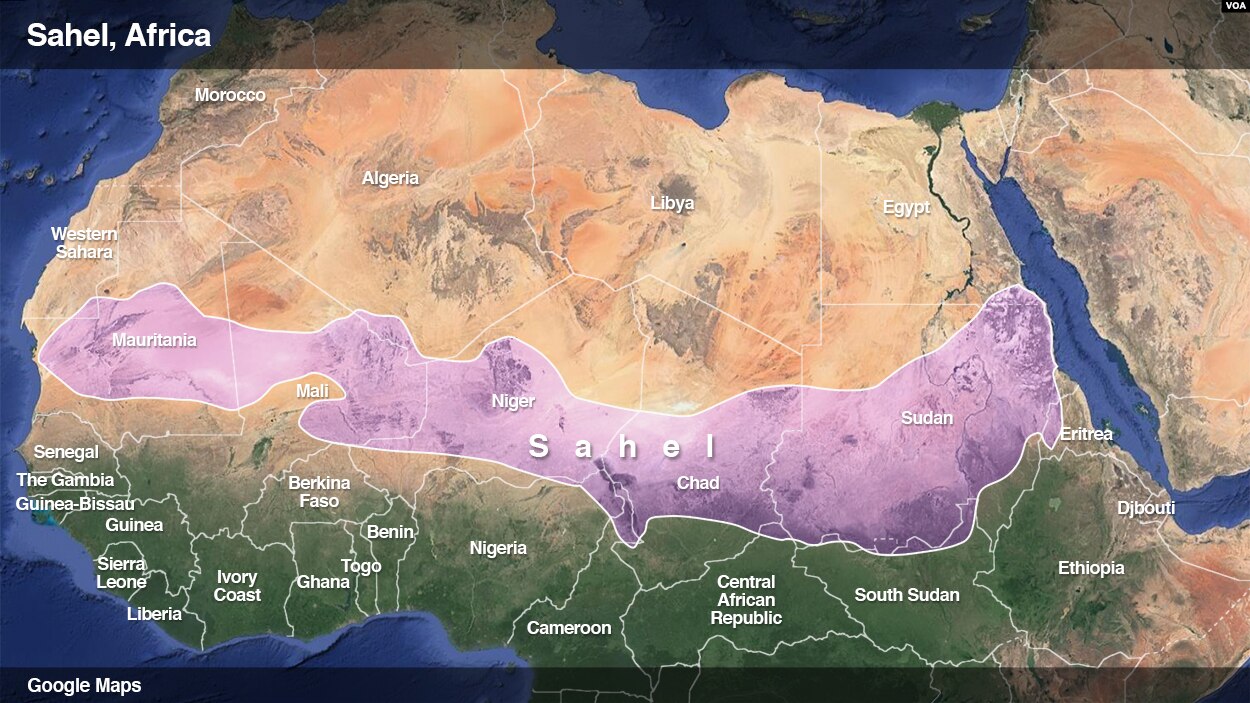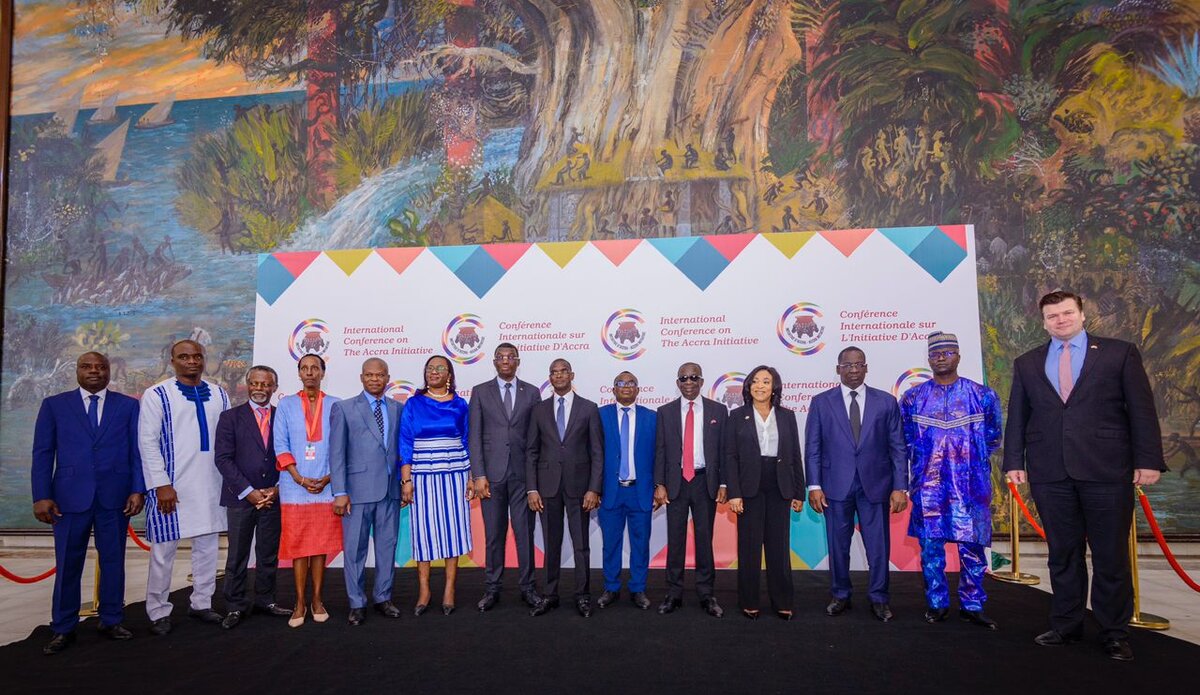Guadi Calvo
 Ghana’s President Akufo-Addo welcoming and Germany’s Finance Minister Christian Lindner
Ghana’s President Akufo-Addo welcoming and Germany’s Finance Minister Christian Lindner
While Ghana’s President Nana Akufo-Addo is looking forward to the likely $3 billion loan to be granted by the IMF and expected in mid-March as part of the debt swap restructuring, he should address the domestic debt situation, which has increased after 2022 was considered the worst year in the last two decades.
Akufo-Addo’s announcement was made in Accra, the Ghanaian capital, during a conversation he held with the German Federal Minister of Finance, Christian Lindner, during an official visit to the African country, in the framework of the onslaught being made by Chancellor Olaf Scholz in an attempt to secure the raw materials necessary for the energy transition that Germany needs to make a priority, especially now, in the context of the war in Ukraine.
The African country’s economic brake is coupled with two relevant reports on the advance of Wahhabi terrorism, which for at least two years has been threatening to enter fully into the countries of the Gulf of Guinea littoral.
The first report, by the United Nations Development Program (UNDP), based on data from surveys of 2,200 people in eight countries on the continent (Burkina Faso, Cameroon, Chad, Mali, Niger, Nigeria, Somalia and Sudan), states that poverty is the main cause of the large influx of recruits to join the terrorist organizations that have been expanding in Africa for more than a decade.
Therefore, it is not religious fanaticism, but the lack of work that leads young people to become militia members of one of the many terrorist groups operating on the continent, with salaries that can reach up to five hundred dollars a month, which may be more than a family can earn in a year of work.
Other benefits are added to the salary, such as the provision of uniforms, in some cases vehicles, particularly motorcycles, and even a certain “prestige” in the mujahideen’s social groups. The second factor in the incorporation of the militants is the abuse exercised by the authorities against the civilian population, in many cases against the future insurgents, family members or clans to which they belong, fundamentally because they are poor, isolated and have little education. Only thirdly does the religious question appear as a cause for joining one of the khatibas of the Support Group for Islam and Muslims linked to al-Qaeda (GSIM) and the Islamic State in the Greater Sahara (ISGS), the local franchise of Daesh which has begun to march southwards.
The second of the reports, which particularly concerns the Ghanaian government, refers to the increasingly imminent arrival of terrorist gangs in the Gulf of Guinea region (Ghana, Guinea, Benin, Togo and Ivory Coast), which, since they established themselves in the north of Mali in 2012 and faced with the ineffectiveness of local armies and above all that of France and other Western powers, have gained thousands of square kilometers of territory not only in Mali, but also in Niger and Burkina Faso, causing the death of thousands of civilians and the displacement of nearly three million people.
 Benin, Côte d’Ivoire and Togo have all suffered armed actions by these extremist groups. Benin has already suffered at least twenty terrorist acts since 2021, while Togo has suffered at least five since 2021, although not all of them were claimed by the extremists.
Benin, Côte d’Ivoire and Togo have all suffered armed actions by these extremist groups. Benin has already suffered at least twenty terrorist acts since 2021, while Togo has suffered at least five since 2021, although not all of them were claimed by the extremists.
Ghana in particular has remained on the fringes of such actions, but there are pressures and fears from the northern communities who have been suffering the economic and social consequences of the impending attack.
Although Accra has organized a comprehensive defense tactic by strengthening its military presence to prevent local populations from sympathizing with the terrorists, who usually try to buy support through various contributions that may include water pumps, electric generators, medical care and cash, the state has also strengthened its ties with local populations.
In November envoys from Washington, London and Paris met in Accra with officials from the Gulf of Guinea countries to establish common strategies with the intention of avoiding the “mistakes” made in countries from which they have already been expelled, such as Mali and Burkina Faso. At the Accra meeting, Ghana’s Minister of National Security, Albert Kan Dappah, warned his guests that the spread of terrorism was imminent, so the measures to be taken were urgent.
During 2022 across the African continent 6859 terrorist actions were executed, implying a twenty-two percent increase over the previous year, so another at least similar jump is expected for this year.
The fire comes from the north
In northern Ghana, in the border area of Bawku, in a center of agricultural and livestock activities with quick access to Burkina Faso and Togo, a conflict has been going on for several decades between the two major ethnic groups in the region – the Maprusi and the Kusasi – over the control of the village chieftainship, which, although an honorary position, also carries significant political weight. This dispute, over the years, has generated countless clashes and dozens of deaths; in the last five days alone more than ten people have died, according to local government officials.
Meanwhile, the army is establishing small outposts along the border and immigration, increasing its presence from 50 soldiers to 400, to be joined by another half a thousand troops, which made possible the capture last year of two alleged mujahideen who arrived wounded from Burkina Faso, although many experts believe that the terrorists have used Ghana as a sanctuary to take care of their wounded, replenish their forces and re-enter the war that is being waged beyond the country’s borders, while other khatibas have begun to have a presence in the vicinity of Benin.
An investigation by the Konrad Adenauer Foundation and Promediation found that at least 200 Ghanaians have now been recruited at the border, although it has not been established whether they have since returned to the country. Although the government is tightening security in the Bawku area, for the first time in the region, an attempt to blow up a bridge with improvised explosive devices (IEDs) on the 6th was foiled. The security agency has since been working inside Bawku and its environs with the intention, beyond arresting those responsible for the foiled attack who have not made themselves known, to show a forceful response to prevent them from attempting it again.
Establishing secure checkpoints along the 550 kilometers of the porous border between Ghana and Burkina Faso is highly complex as this area has historically been characterized by a large number of smuggling routes through which a large amount of gold circulates, product of illegal extraction, protected by corrupt officials, so that in Accra it is feared that this “business”, as has already happened in other countries on the continent with other products, could be monopolized by terrorists. International Conference on the Accra Initiative
International Conference on the Accra Initiative
The Accra Initiative for security cooperation and intelligence sharing among the countries of the Gulf basin, which could be joined by the Sahelian countries, will be set up by Ghana. Western military intelligence services will not be absent once the mujahideen arrive.
Guadi Calvo is an Argentine writer and journalist. International analyst specialized in Africa, Middle East and Central Asia.
Translation by Internationalist 360°